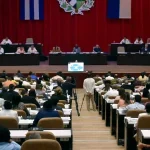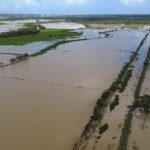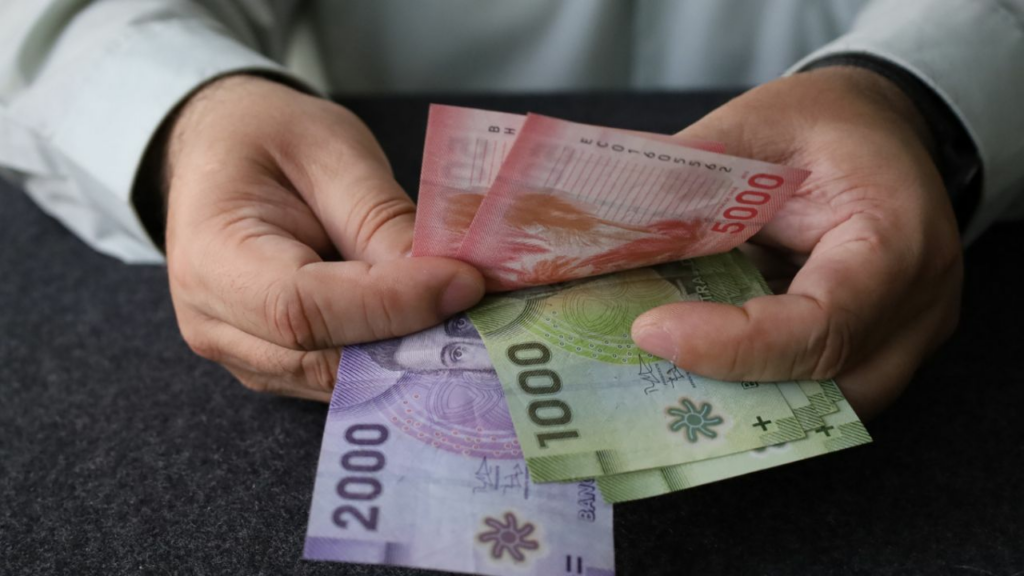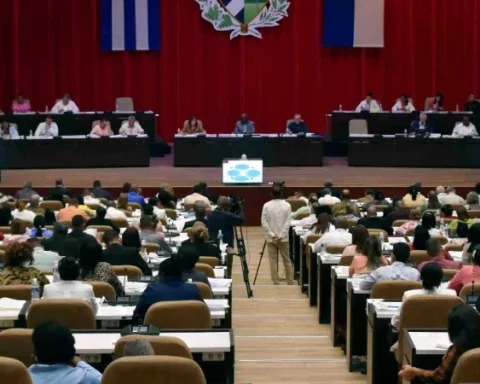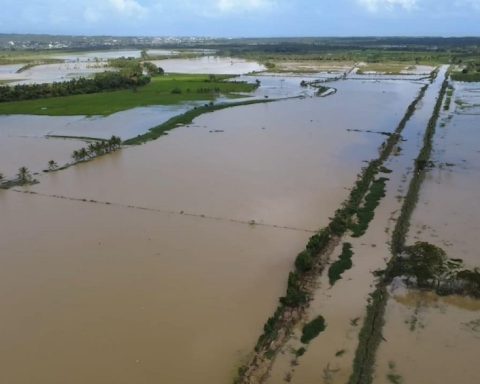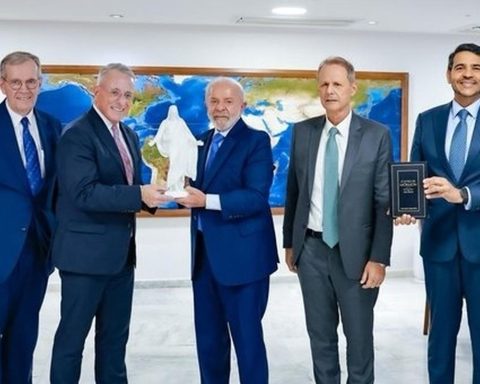The regime of Daniel Ortega and Rosario Murillo unified “a front” with the Russian Federation by signing a joint declaration “on the means and modalities to counteract, mitigate and compensate for the negative consequences of unilateral coercive measures” imposed on Nicaragua by others. State.
At the ceremony, held this Monday, April 22, in Moscow, the Russian Foreign Minister Sergey Lavrov and Laureano Ortega Murillo, presidential advisor and special representative of the president for Affairs with Russia, signed the document, an occupation that, in the case of Nicaragua, should be carried out by the Minister of Foreign Affairs, Denis Moncada Colindres.
Lavrov and Ortega Murillo exchanged “fraternal greetings” from the dictators of their respective countries and also “reaffirmed mutual support in all areas, as well as the nature of a strategic partnership between Nicaragua and Russia.”
One of the guidelines that the Ortega regime and the Putin dictatorship stipulated to “counteract, mitigate and repair the adverse impacts” of the sanctions was that “unilateral coercive measures, including those of an extraterritorial nature, applied by a third party, should not be recognized or applied.” State, group or association of States or violations of the Charter of the United Nations or international law.
“States are strongly urged to refrain from adopting, enacting and applying unilateral coercive measures that prevent the full achievement of economic and social development, particularly in developing countries,” details the document, released by the official media. .
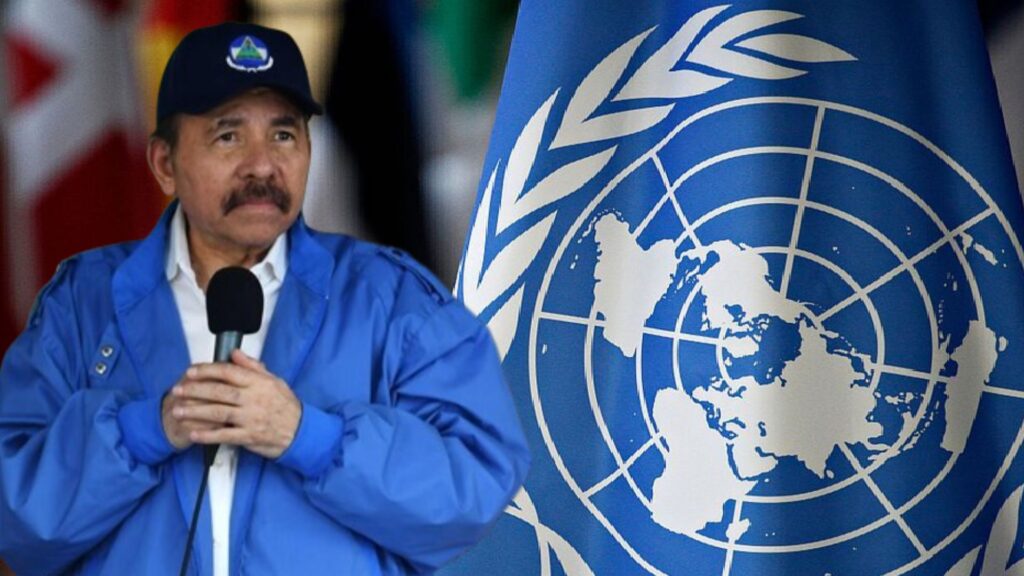
After the “forceful, clear and direct” pronouncement of the Group of Seven (G7), where seven of the largest democratic economies in the world meet, Nicaraguan opponents consider that the international community must now set its sights on the actions of the Police and the Nicaraguan Army, the armed forces that support the dictatorship with the repression and violations of human rights that they mention in the statement, say opponents consulted by Article 66.
The former deputy and economist in exile Enrique Sáenz, through his personal account of “for the first time” of the outrages perpetrated by the regime of Daniel Ortega and Rosario Murillo.
Sáenz highlights that the G7 statement is “a clear and direct message”, which points out “the serious international crises” that must be paid attention to, and particularly the crisis in Nicaragua.
The opposition leader, also in exile, Alexa Zamora described the G7 statement as having a “high level of relevance” taking into account that it is a high-level forum where economic, political and human rights issues in the world are discussed.
Zamora highlights the importance that the seven most important democratic economies in the world, together with the European Union, clearly mention “the brutal repression and violation of human rights experienced in Nicaragua.”
The Nicaraguan regime granted a 25-year concession to a Chinese company to explore and exploit minerals on the Caribbean coast, according to a resolution published in La Gaceta.
On World Earth Day, the regime of Daniel Ortega and Rosario Murillo delivered, through the Ministry of Energy and Mines (MEM) to the Chinese company Nicaragua XinXin Linze Mining Group, SAa mining concession for more than 36,610.10 hectares located in the municipalities of Siuna and Mulukukú, on the North Caribbean Coast.
The mining company, represented by Edward Xiang Liumust “initiate exploration activities in any part of the mining lot, within a period of no more than four years from the granting of this concession, extendable for one more year,” the resolution details.
According to the MEM, the holder of the concession will have “the right of exclusivity for the exploration, exploitation, allocation and establishment of benefit plants on the mineral substances considered in the Law and found within its circumscription.”


This Monday, Panama called its ambassador in Nicaragua for consultations to express its discomfort over the continued interventions in the Panamanian electoral contest by former president Ricardo Martinelli, who has sought asylum in the Nicaraguan embassy.
“The Republic of Panama kindly informs the Republic of Nicaragua of its decision to call the Panamanian Ambassador” in Managua, José de Jesús Martínez, for consultations, says a note from the Panamanian Foreign Ministry.
Panama “feels truly affected in its territorial integrity by Nicaragua’s permissive attitude, which flagrantly and repeatedly violates fundamental norms of international law,” the note adds.
Martinelli has been asylum since February 7 in the Nicaraguan embassy in Panama City, after losing the last judicial remedy he had left to avoid going to prison after being sentenced to almost eleven years for money laundering.








